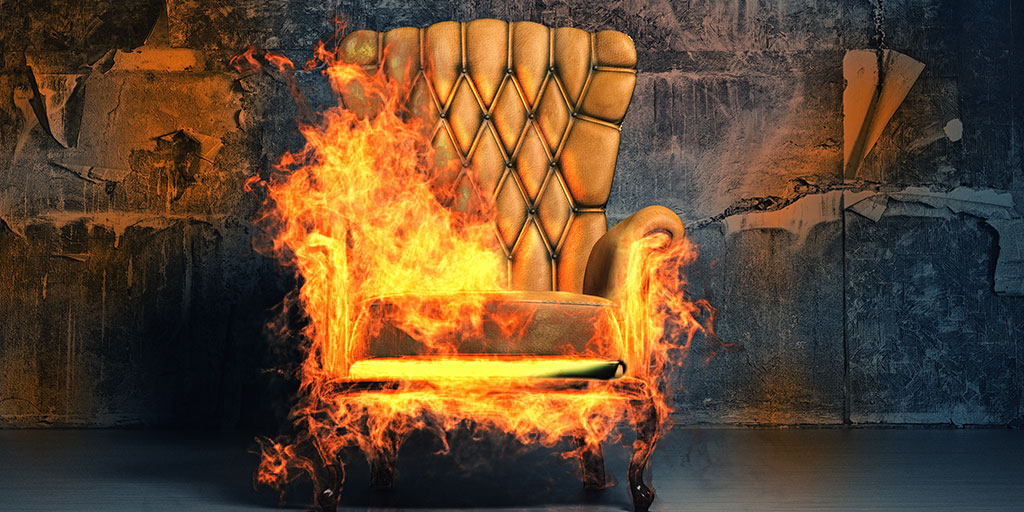
VECAP issues code of best practices
Submitted by:
Andrew Warmington
The Brussels-based Voluntary Emission Control Action Programme (VECAP) used the occasion of the 15th anniversary of its foundation by launching a new code of best practices for flame retardants. This will be disseminated and made available via sector associations representing compounders, masterbatch producers and polymer producers.
The code includes comprehensive guidance for industry on how to reduce emissions of flame retarding chemical additives, based on experience at production and downstream user installations since 2004. It has four main elements:
* Storage
* Opening & emptying bags & bulk containers
* Ventilation
* Operational process efficiency to reduce waste & emissions
Although the code is voluntary, VECAP said, companies “will be encouraged to incorporate it into their environmental management systems”, so that it “can be mainstreamed into company/facility operations”. ECHA already recognises the existing VECAP programme for best practice in handling and use and trade associations in the field recommend its use in downstream communications.
VECAP was founded in 2004 by the three of the leading global producers of flame retardants and the UK Textile Finishers association. It is an industry product stewardship scheme that aims to reduce emissions of flame retardants by promoting environmental good practices among users and downstream users of polymer additives.
The association claims that its advice has helped to ensure that over 83% of all brominated flame retardants sold by members of the International Bromine Council were handled correctly. In less than a decade, it adds, potential emissions of TBBPA and HBCD have fallen to less than 0.001% of the volumes sold.
